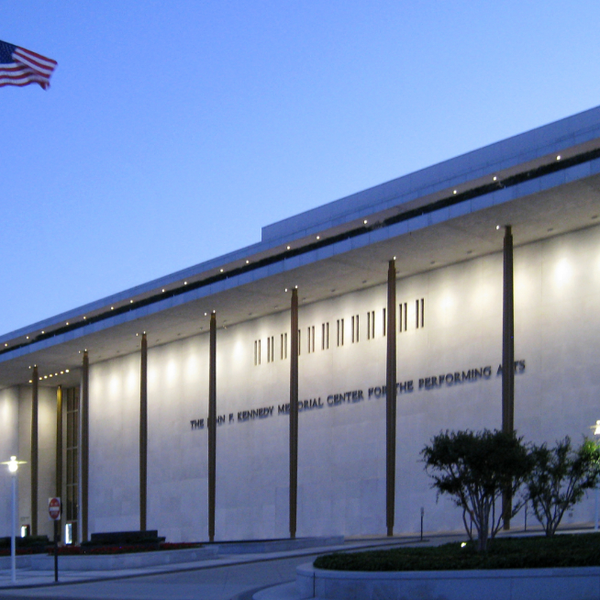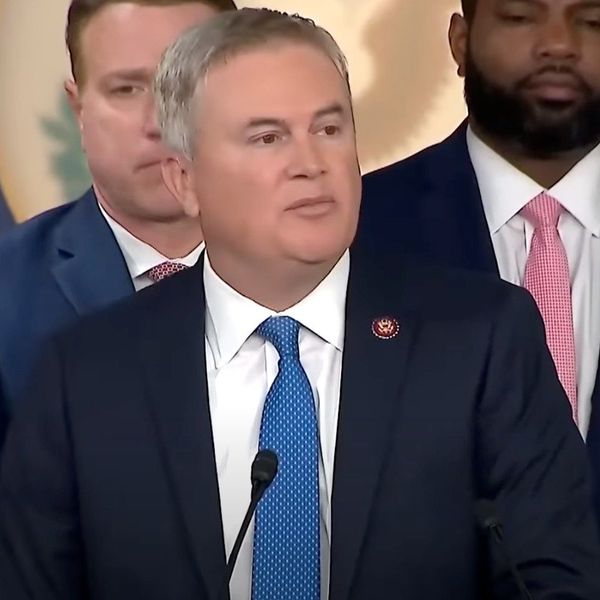
By James Rosen, McClatchy Washington Bureau
WASHINGTON — Army investigators questioned Sgt. Bowe Bergdahl for the first time Wednesday in the Pentagon’s probe of his 2009 disappearance in Afghanistan, subsequent capture, and nearly five years in Taliban captivity.
Bergdahl’s May 31 release in exchange for five senior Taliban militants set off a political firestorm in Washington, with mainly Republican lawmakers accusing President Barack Obama of negotiating with terrorists to secure Bergdahl’s freedom.
The nation’s top military commanders backed the deal, saying it fulfilled the commitment never to leave a fallen warrior behind enemy lines. Some former soldiers who served with Bergdahl said he’d walked away from his post in a remote section of eastern Afghanistan near the Pakistan border.
Army Maj. Gen. Kenneth Dahl, head of the probe, and his aides interviewed Bergdahl at Fort Sam Houston in San Antonio. Bergdahl was accompanied by his civilian lawyer, Yale University law lecturer Eugene Fidell, and an Army lawyer, Capt. Alfredo Foster.
Fidell said the interview lasted from 8 a.m. to 5:30 p.m., with a lunch break. Fidell said he thought the interview would be finished after two or three more hours Thursday.
“It was about as stress-free as possible,” Fidell told McClatchy late Wednesday. “It was not an interrogation.”
Bergdahl was read his Article 31 warnings — the equivalent of Miranda rights in a civilian judicial process — and he waived his right to remain silent, Fidell said.
Fidell declined to respond directly when asked if Dahl had asked Bergdahl about how he came to leave his base in eastern Afghanistan before he found himself in Taliban custody. “I’m not going to get into any of the questions or details,” Fidell said. But he expressed confidence that Bergdahl won’t face prison time even if he is found to have gone AWOL or deserted his post.
“It would be very strange if Sgt. Bergdahl, having endured five years of captivity by the Taliban, were to be sent to jail,” Fidell said. “I don’t think this country is ready to do that, and I don’t think the Army is ready to do that.”
Photographs from the interview session, taken and released by Fidell, show Bergdahl appearing healthy and wearing a khaki-green civilian shirt with sleeves rolled up to the elbows.
Army officials have said that if found to have deserted, Bergdahl could lose tens of thousands of dollars in back pay held in escrow during his captivity.
The Army did a preliminary investigation in 2009 after Bergdahl went missing from his base, but it suspended it because he could not be interviewed while in captivity. Some soldiers claim that U.S. service members died searching for him, but Defense Secretary Chuck Hagel said at a contentious June 11 hearing of the House Armed Services Committee that he knew of no such fatalities.
Bergdahl, 28, was released by Taliban fighters to U.S. special forces commandos in Afghanistan during a tense exchange captured in a video clip that went viral when the Islamic insurgents posted it online. After Bergdahl was secure, the United States freed five Taliban from the military detention center at Guantanamo Bay, Cuba.
Bergdahl was flown to the U.S. military hospital in Landstuhl, Germany, treated and debriefed there for 12 days, and then flown to Joint Base San Antonio. Following more than a month of treatment and what the Army calls “reintegration” at San Antonio Medical Center, Bergdahl received a new active-duty desk assignment July 14 at U.S. Army North headquarters at the base.
Michael Doyle of the Washington Bureau contributed.
AFP Photo
Interested in national news? Sign up for our daily email newsletter!








